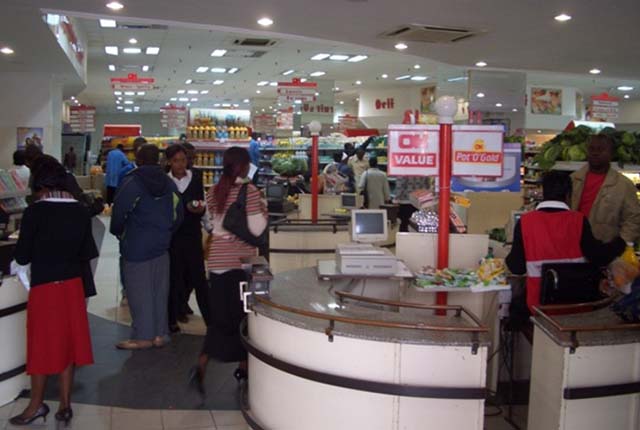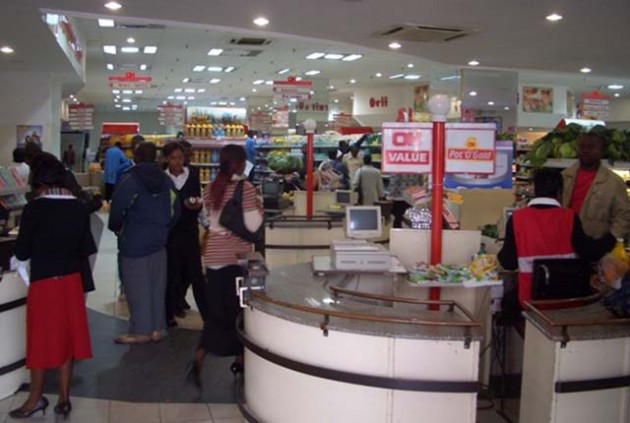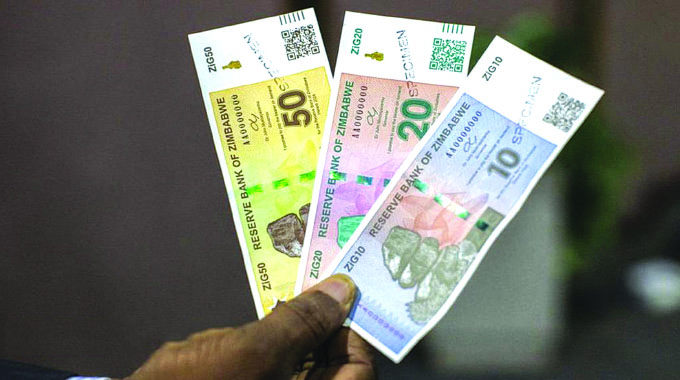OK reports 87pc increase in profit


Ok opened two new OK Mart stores in Gweru and Victoria Falls during the year and now offers full banking services in 43 stores
Enacy Mapakame: Business Reporter
ZIMBABWE’S biggest retail supermarket chain OK Zimbabwe Limited has reported an 87,1 percent increase in profit after tax to $2,3 million for the first half of financial year 2017 on the back of growth in basket size.
Although tighter liquidity and limited access to cash impacted the general aggregate demand, indications were that consumers made a shift from informal traders to conventional stores with point of sale facilities in search of convenience and cash back. This, coupled with effective promotions pushed earnings.
“Business operations have shifted to electronic payment systems,” said chief executive Mr Willard Zereva at an analysts briefing.
Revenue for the period also improved 2,3 percent to $218 million. EBITDA rose 34 percent to $7,3 million while earnings per share rose 81 percent to 0,20 cents.
In the period under review, the group has embarked on cost containment measures while pursuing growth strategies to enhance earnings. The group opened two new OK Mart stores in Gweru and Victoria Falls and now offers full banking services in 43 stores.
Although branch network increased, staff compliment reduced to 3 765 employees from 4 017 despite expansion to contain costs. The group has also generated commission income from money transfers such as Mukuru, FNB, Moneygram and Shop Easy as well as mobile money services and sale of electricity coupons.
Despite reporting improvements in earnings, Mr Zireva said the advanced announcement of the export incentive in the form of bond notes also had a negative impact on business as it created uncertainty in the market and eroded both consumer and investor confidence.
Management at OK indicated supply of some products is still low albeit the promulgation of the Statutory Instrument 64 in July this year which limits importation of certain products that can be manufactured locally. The initiative was also to stimulate local production and demand.
Chief operations officer Mr Albert Katsande said local industry was still hamstrung by lack of working capital, outdated technology, failure and delays in foreign payments for raw materials as well as cost of utilities. This, he said, limited their full potential to supply local products.
“Our own brands are yet to grow. Volume is limited by local industry limitations and efforts to use foreign suppliers was affected by the limitations on imports. Some imports were impacted by the coming in of SI64. The middleman with an import permit has returned,” said Mr Katsande.
In the outlook period, OK believes the market still remains competitive and efforts will be made to increase remittances to facilitate the importation of goods.










Comments